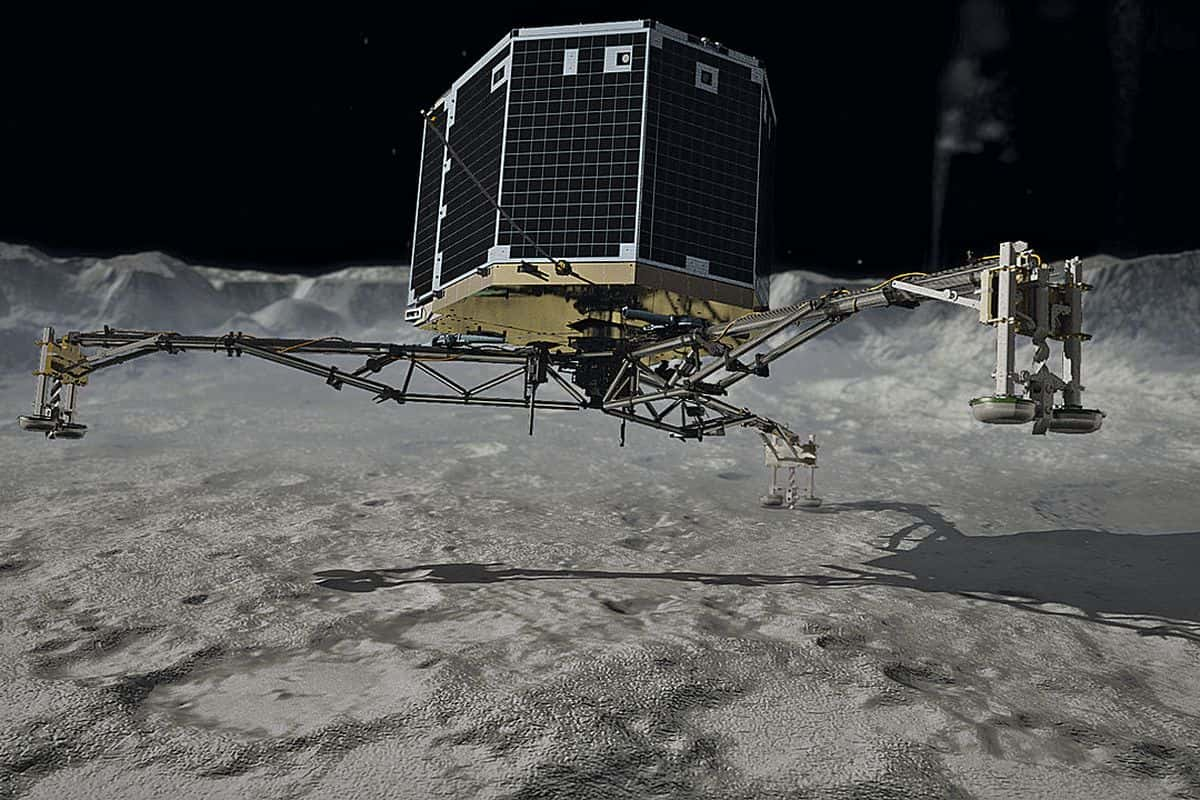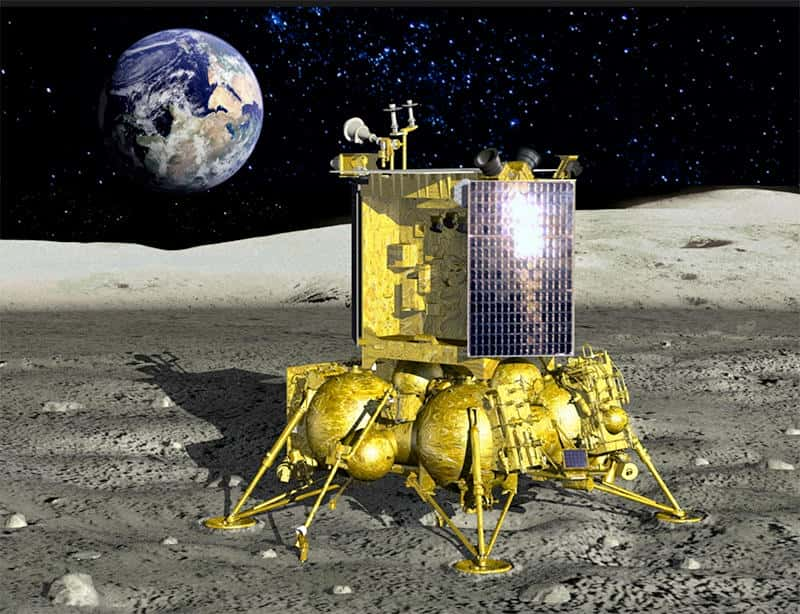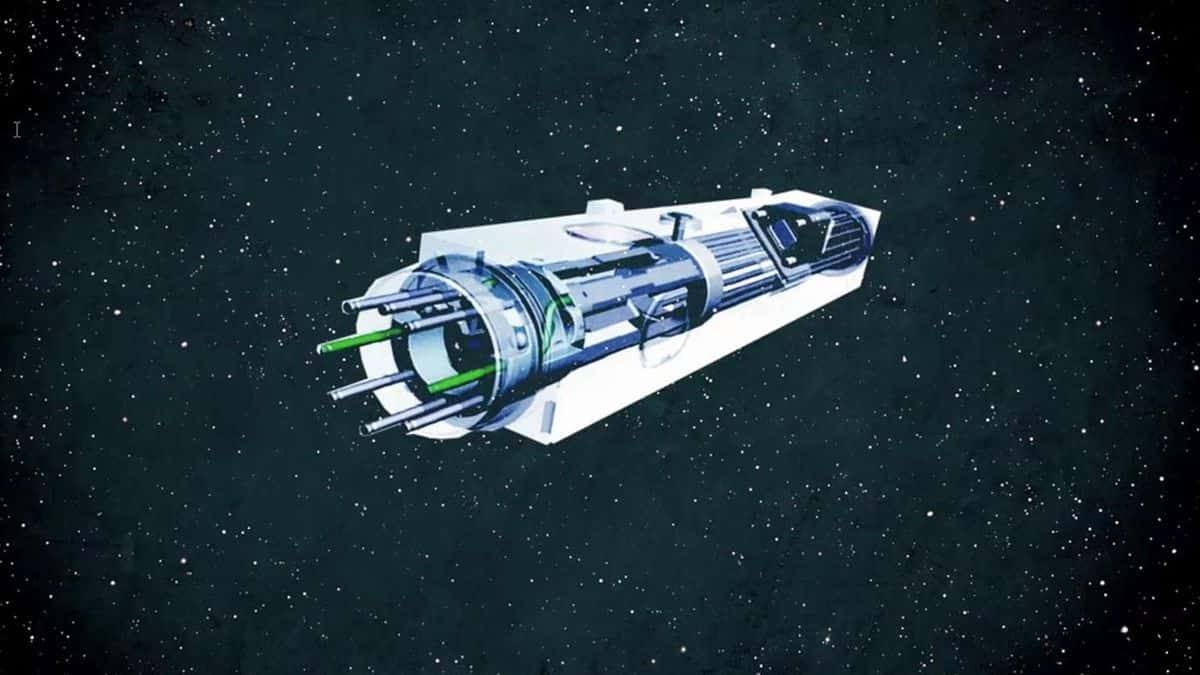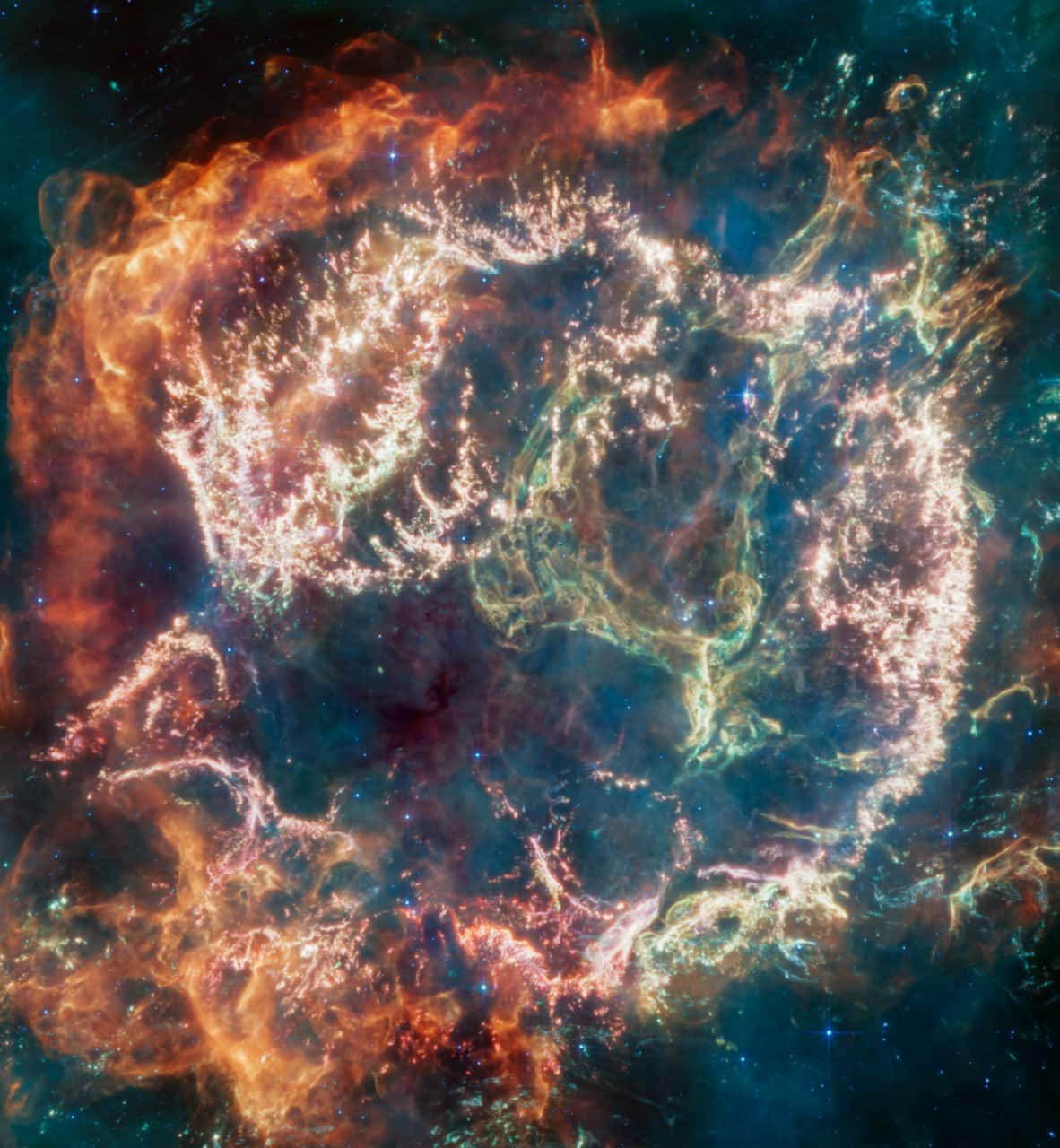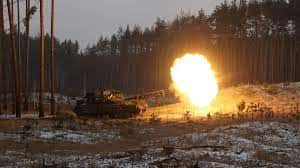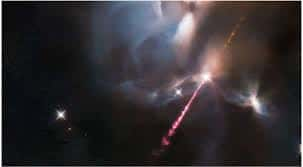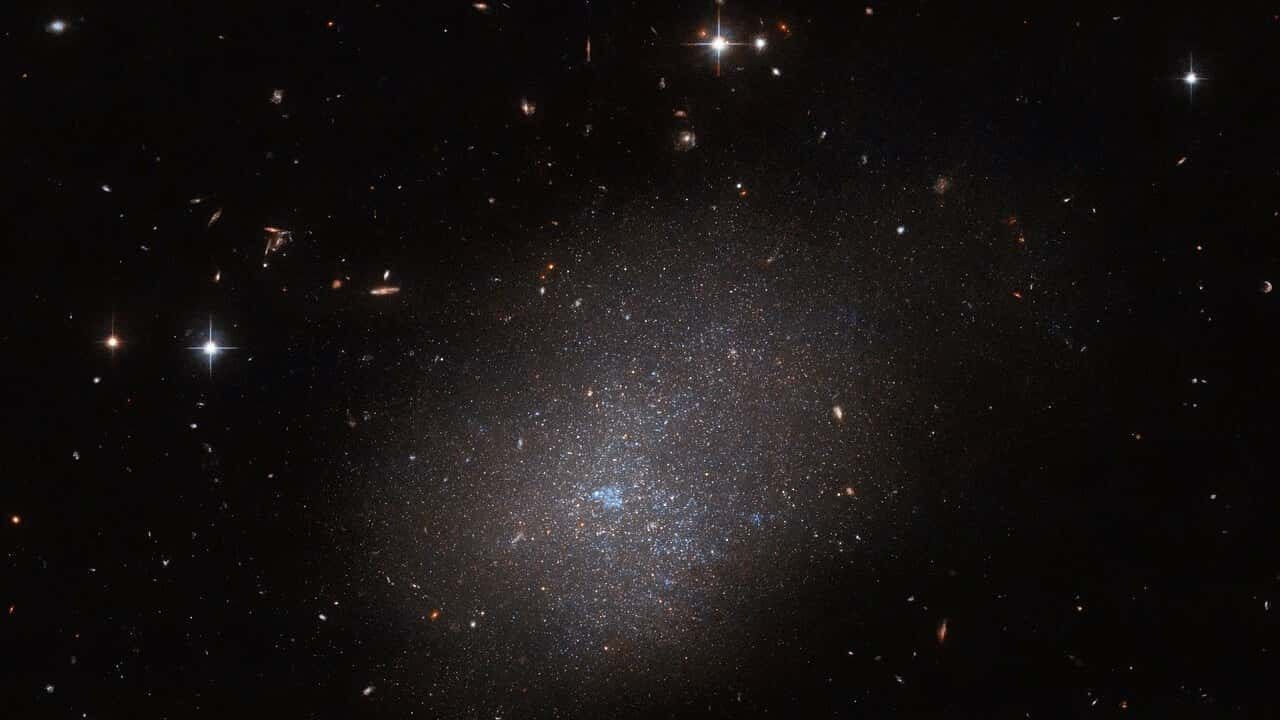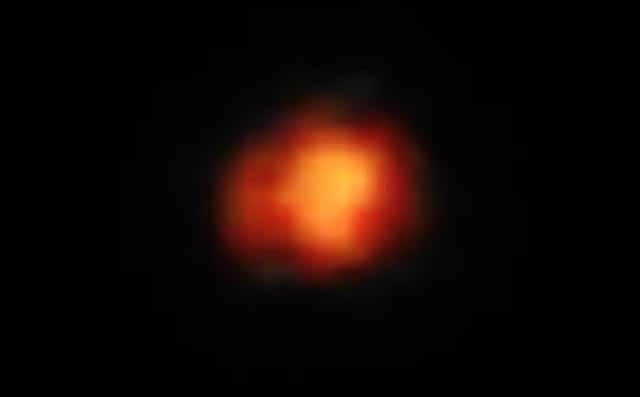
Space Debris Removal Gains Momentum as Global Efforts Intensify
The challenge lies in accurately estimating the volume of troublesome space litter, ranging from substantial space debris to minuscule paint chips and even radioactive particles. In the realm of Earth orbit, the issue of space debris removal is gaining traction globally, with both private enterprises and national space agencies devising strategies to combat this orbital…
